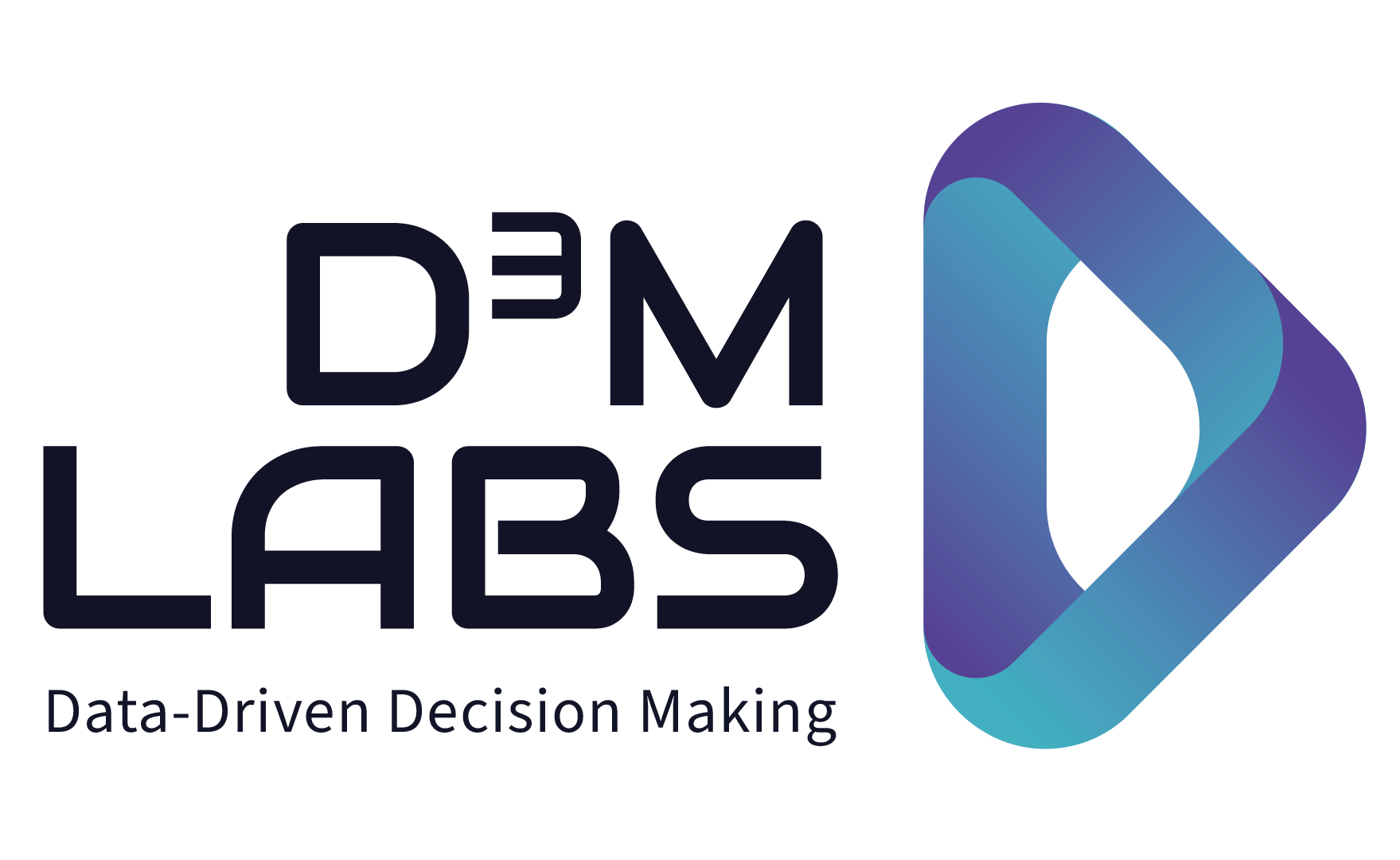Elevate Your Data Team: How an ITIL Service Model Drives Performance & Value
After more than a decade of leading data teams at various organizations, including startups and enterprises, I’ve seen centralized functional organizations, centers of excellence, start-up one woman shows and agile, zombie agile, pods, squads, the federated, the „data as a product“ model. But after all the pivots, restructures, and retrospectives, I’ve landed on a conclusion that might raise eyebrows: most data teams should function as service teams—with the critical caveat that they adopt ITIL principles.
Image was generated by ChatGPT.
Is the love of artisinal SQL the downfall of data teams?
The artisanal approach to SQL and the masterpiece culture in querying are not-so silent killer of many data teams. The self-view of many analysts and even data leaders is that writing long queries is an intellectual and technical pure form of analysis. However, if crafting a 200-something line SQL query takes hours or even days (a scenario all too familiar), it’s a sign that your data team is operating like artistic masters. Let’s face it, data teams don’t have royal sponsors to create masterpieces. Thinking Bauhaus is more fitting for cash-burn budgets that most data teams run on.
Avoiding Data Strategy Spaghetti: Be more like Hummus. Be Simple.
Analytics Fear of Missing Out (AFOMO) might be the reason your data strategy resembles a chaotic spaghetti-filled pasta bar, with many options and free-form combinations. This pervasive apprehension compels individuals and businesses alike to scramble in fear of being left behind, driving them to relentlessly try new KPIs and keep options open with any data set they could recall being in their organization. This blog is inspired by my interview „Data should be like a plate of hummus,“ a conversation with Lior Barak and Elizabeth Press (myself) from D3M Labs.
What is the Future of AI Development & Deployment?
🔮 Generative AI is going to change the world….🔮until you take some practicalities into account. We had a great time talking about the „Future of the Development and Deployment of AI,“ organized by D3M Labs and hosted by SPICED Academy with Elizabeth Press, M. Murat Ardag, Ph.D. and Samantha Edds. M. Murat Ardag, Ph.D, a Data Scientist and Political Psychologist, presented his study utilizing the Stack Overflow 2023 Annual Developer Survey.
Mutige Fragen zu KI & Information und Cybersicherheit Round Table # 1
In der heutigen dynamischen Umgebung beginnen sowohl Einzelpersonen als auch Unternehmen mit innovativen Experimenten mit KI-Anwendungen. Inmitten dieser Erkundung gibt es jedoch immer wieder Bedenken hinsichtlich der Sicherheit. Beim ersten „Brave Questions about AI & Information and Cyber Security Round Table # 1“ (Mutige Fragen zu KI & Informations- und Cybersicherheit) haben wir uns mit der aufkeimenden KI-Landschaft befasst, wobei ein Teilnehmer die Reise mit den Unwägbarkeiten des „Wilden Westens“ verglich.
Brave Questions About AI & Information and Cyber Security Round Table # 1
In today’s dynamic environment, both individuals and organizations are embarking on innovative experiments with AI applications. However, amidst this exploration, concerns about security linger. In the first Brave Questions about AI & Information and Cyber Security Round Table # 1, we delved into the burgeoning AI landscape, where one participant likened the journey to the unpredictable nature of the „Wild West.“
Brücken schlagen: KI und Informationssicherheit & Cybersicherheit
🔒 Cybersicherheit ist ein Wettbewerbsvorteil. 🚀 In einer sich rasch entwickelnden KI-Landschaft drängen Unternehmen auf den Einsatz von KI als Mittel, um relevant zu bleiben. In diesem Blog wird das komplexe Terrain der Gewährleistung von Cyber- und Informationssicherheit bei KI-Einsätzen untersucht. Es gibt auch einen Link zu einem Video mit einem Gespräch zwischen
Elizabeth Press und Hannah Suarez, zwei Branchenexperten für gewinnbringende KI und Cybersicherheit, über „Unlocking Business Value Through Cyber and Information Security“ auf dem D3M Labs YouTube Channel.
Bridging the Gap: AI and Information & Cybersecurity
🔒 Cybersecurity is a competitive advantage. 🚀 In a rapidly evolving AI landscape, companies are rushing to deploy AI as a means to stay relevant. This blog explores the complex terrain of ensuring Cyber & Information Security in AI deployments. There is also a link video to a conversation between
Elizabeth Press and Hannah Suarez, two industry experts in Profitable AI & Cybersecurity, about „Unlocking Business Value Through Cyber and Information Security“ on the D3M Labs YouTube Channel.
Die Schaffung einer sicherheitsbewussten Kultur zum nachhaltigen Erfolg
Sicherheit ist ein fortlaufender Prozess, kein einmaliges Ereignis. Wir müssen unsere Sicherheitspraktiken ständig anpassen und verbessern, um neuen Bedrohungen zu begegnen. In der Eile, etwas zu liefern und Geld zu verdienen, wird die Sicherheit oft vernachlässigt. Aleksandra Kornecka sprach mit Elizabeth Press (mir) darüber, wie man eine sicherheitsbewusste Kultur schafft.
Fostering a Security-Aware Culture for Sustainable Success
Security is an ongoing process, not a one-time event. We must continuously adapt and improve our security practices to address emerging threats. Often, in the rush to deliver and monetize, security is an after thought and threats remain exposed. Aleksandra Kornecka talked with Elizabeth Press (myself) about how to create a security aware culture.







